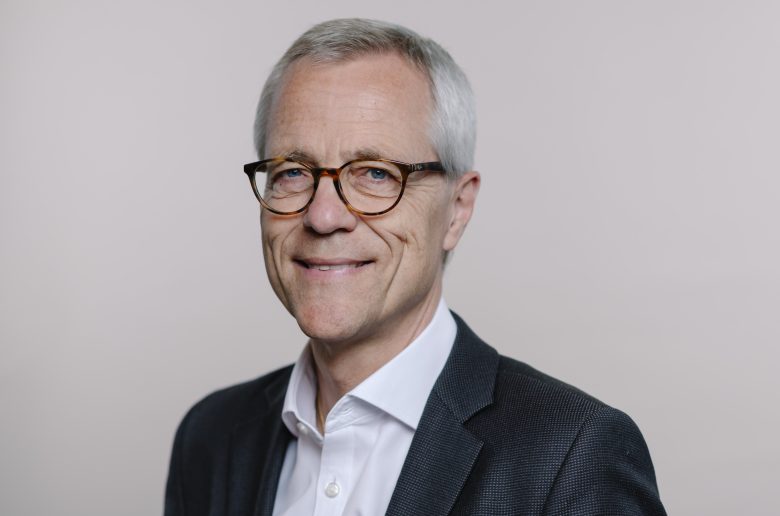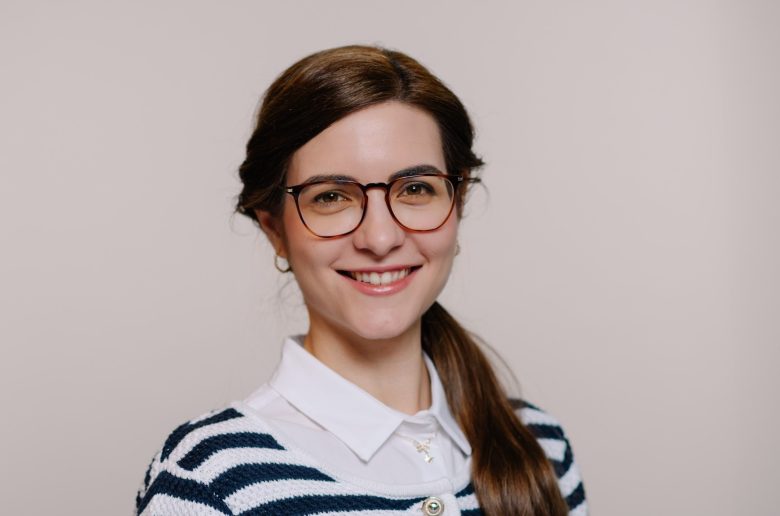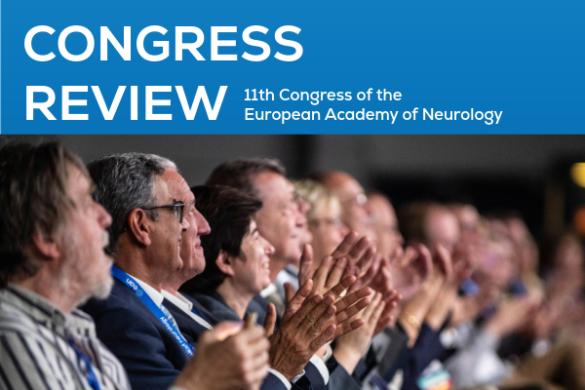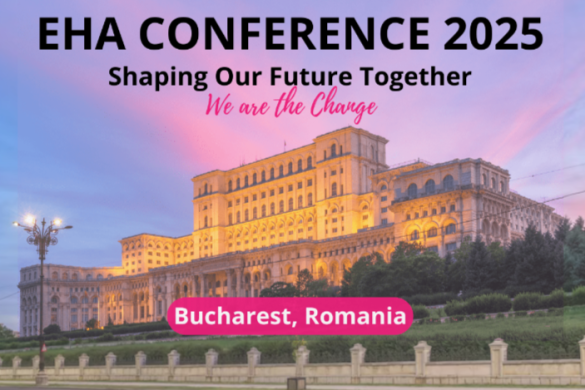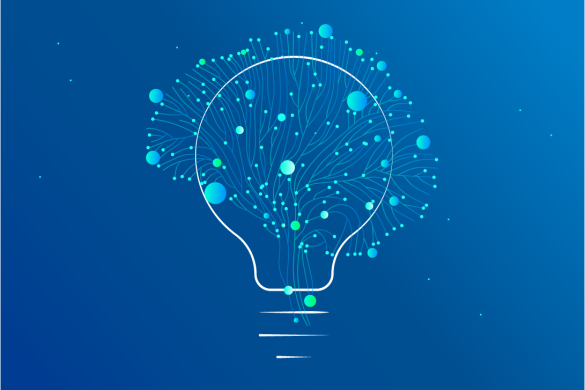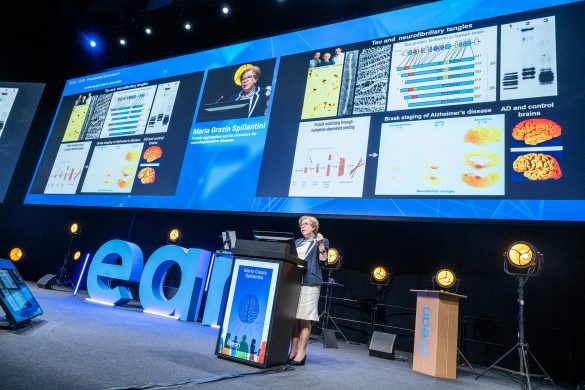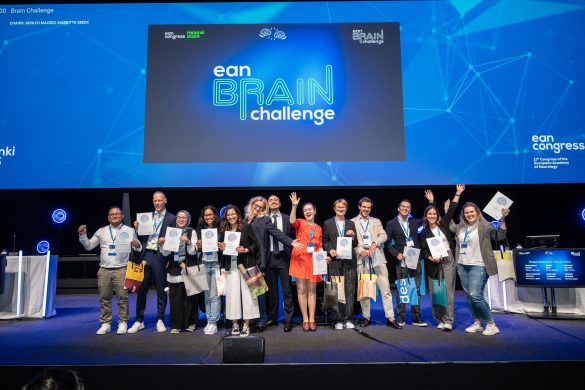Other News
European Commission publishes ‘Non-binding guide to good practice for implementation of Directive 2013/35/EU on Electromagnetic Fields’
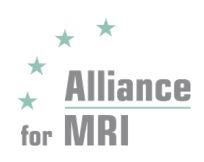 Background
The Alliance for MRI, a coalition of European Parliamentarians, patient groups, leading European scientists and the medical community, was officially launched in March 2007 in response to the pending implementation of the EU Physical Agents 2004/40/EC (on electromagnetic… Continue Reading
Background
The Alliance for MRI, a coalition of European Parliamentarians, patient groups, leading European scientists and the medical community, was officially launched in March 2007 in response to the pending implementation of the EU Physical Agents 2004/40/EC (on electromagnetic… Continue Reading 
